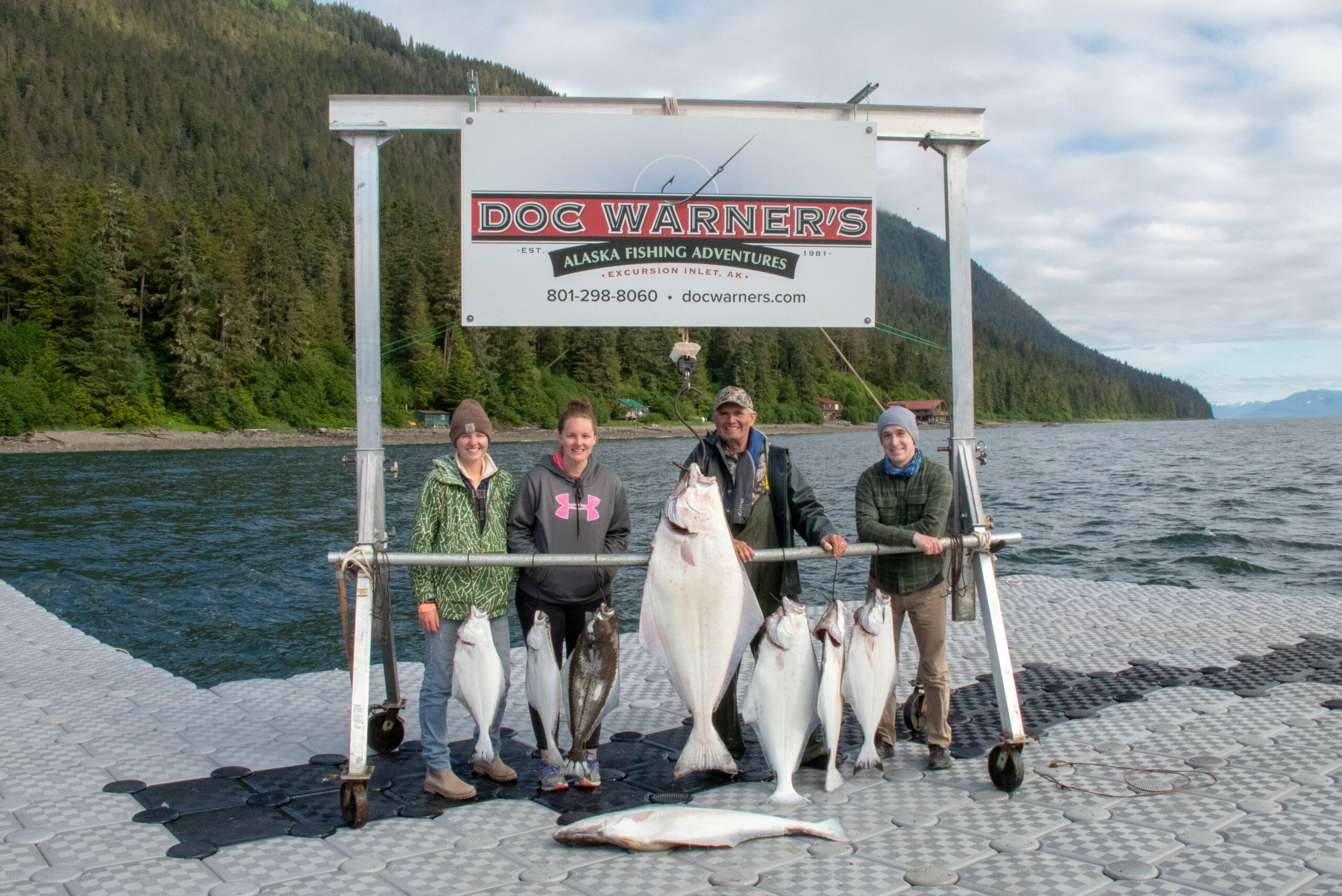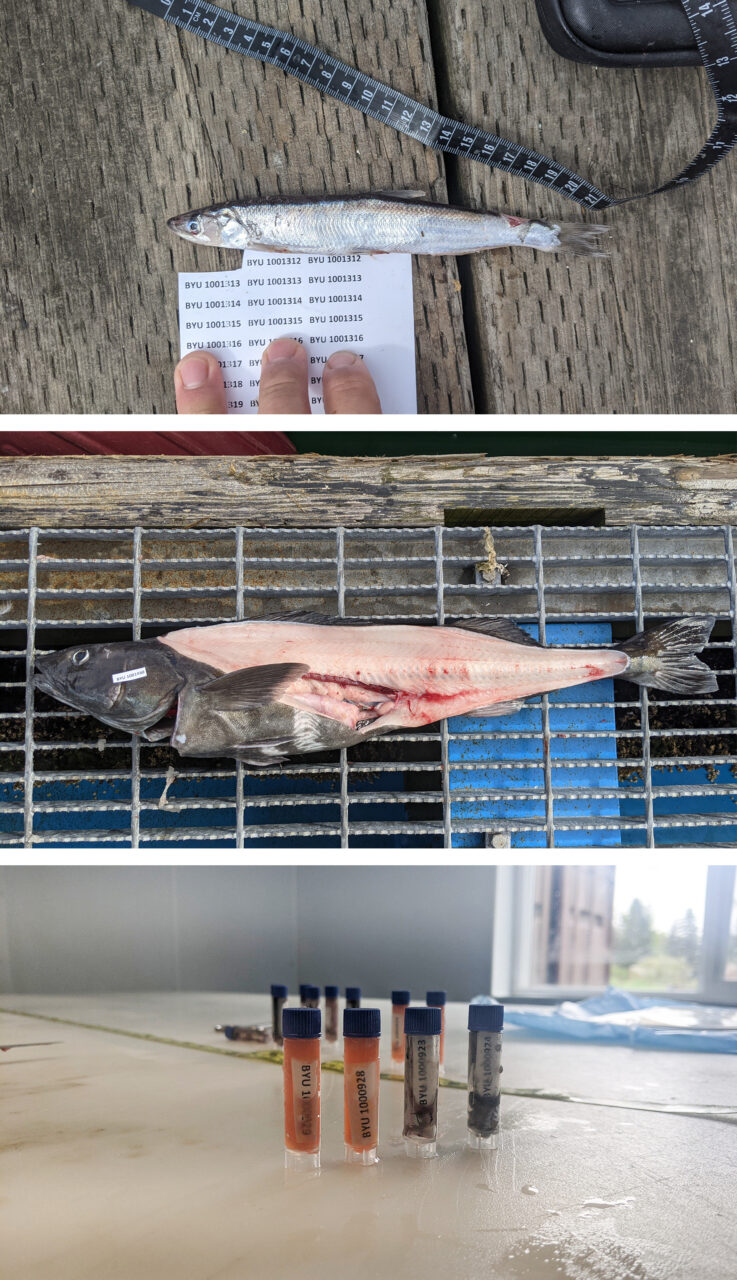BYU biology professor Mark Belk and students studied marine fish in the Alaskan Icy Strait to understand the effects of climate change on fisheries and surrounding environments.

Belk mentored students in the research project to better understand marine fish food webs in the Icy Strait through collecting and processing samples of fish. The health of these fisheries is critical for the well-being of the ecosystem and communities who are dependent on these fish.

The researchers collected samples and looked into the ecosystem of salmon and soon noticed a bigger issue of climate change affecting not only salmon, but the whole ecosystem in the Icy Strait.
The study shifted to characterize the whole ecosystem in the area and focused on the impact of climate change on these fisheries.
“What we’re trying to do is to document how that really unique and diverse natural system works before it changes — and things are changing,” Belk said. “If we don’t know how things were, then we don’t know if they’ve changed or not.”
He said this data will help them understand the food chain and eating habits of local marine fish so there can be data to advise fishing lodges on the consequences of introducing hatcheries in the area.
Many people and other organisms rely on marine fish as their main source of protein, which is why the health of such fisheries is vital, Belk said.
Project graduate student Drew Suchomel said he was interested in the project because he used to work in the Icy Strait area. Suchomel’s connections to the area made it possible to collect samples to further the research.
They collected fish muscle samples which they dehydrated and grounded into a powder which was studied in a lab to reveal the chemical concentrations present in the tissue.
Suchomel said project participants were specifically looking for carbon and nitrogen in the samples. Carbon data revealed where species are eating and their feeding behavior while nitrogen disclosed the species’ positions on the food web, also known as their trophic level.
This information provided the students with an understanding of the species’ role it plays in the environment, or niche, so it can be compared to future changes in these niches from climate change, he said.
“By giving you physical location and this trophic level, you can tell what the niche looks like,” Suchomel said. “We’re trying to establish or characterize what the community looks like now, to use as a baseline for how the community will look, if and when the community is affected by global climate change.”
Suchomel said he wants this research to be the basis from which new studies can come to help explain the world’s climate condition today.
Further student research
Students Tessa Jacobs and Kertlyn Partner were participants in the Icy Strait research project who helped process fish tissue for examination. They used this research as a foundation for their own studies of marine fish.
Partner is a junior majoring in wildlife and wildlands conservation who has a passion for marine biology. She said this research project influenced her to start her own study which would reveal the hidden diversity of parasites using fish as their hosts.
“It would shed new light into the food web starting from parasites and would bring many more and new questions to light if there is indeed hidden diversity, which our preliminary already suggests,” Partner said.
Jacobs is a senior majoring in biology. This research project influenced her to start her own study of deep-water fish to understand their ecological impact. She realized there is a problem of overfishing these deep-water species in Alaska because overfishing can cause irreparable damage that will affect the environment and people alike.
“Doing this research is really important so that we understand how to be more sustainable in the way that we fish,” Jacobs said. “I’m not saying that you should never eat fish, and specifically not these species, but we just need to understand better what impact we’re having on them and how we can maintain that balance.”
She said people should try to be more conscious of their eating habits and the choices they make when buying food because small changes can make a big difference.




